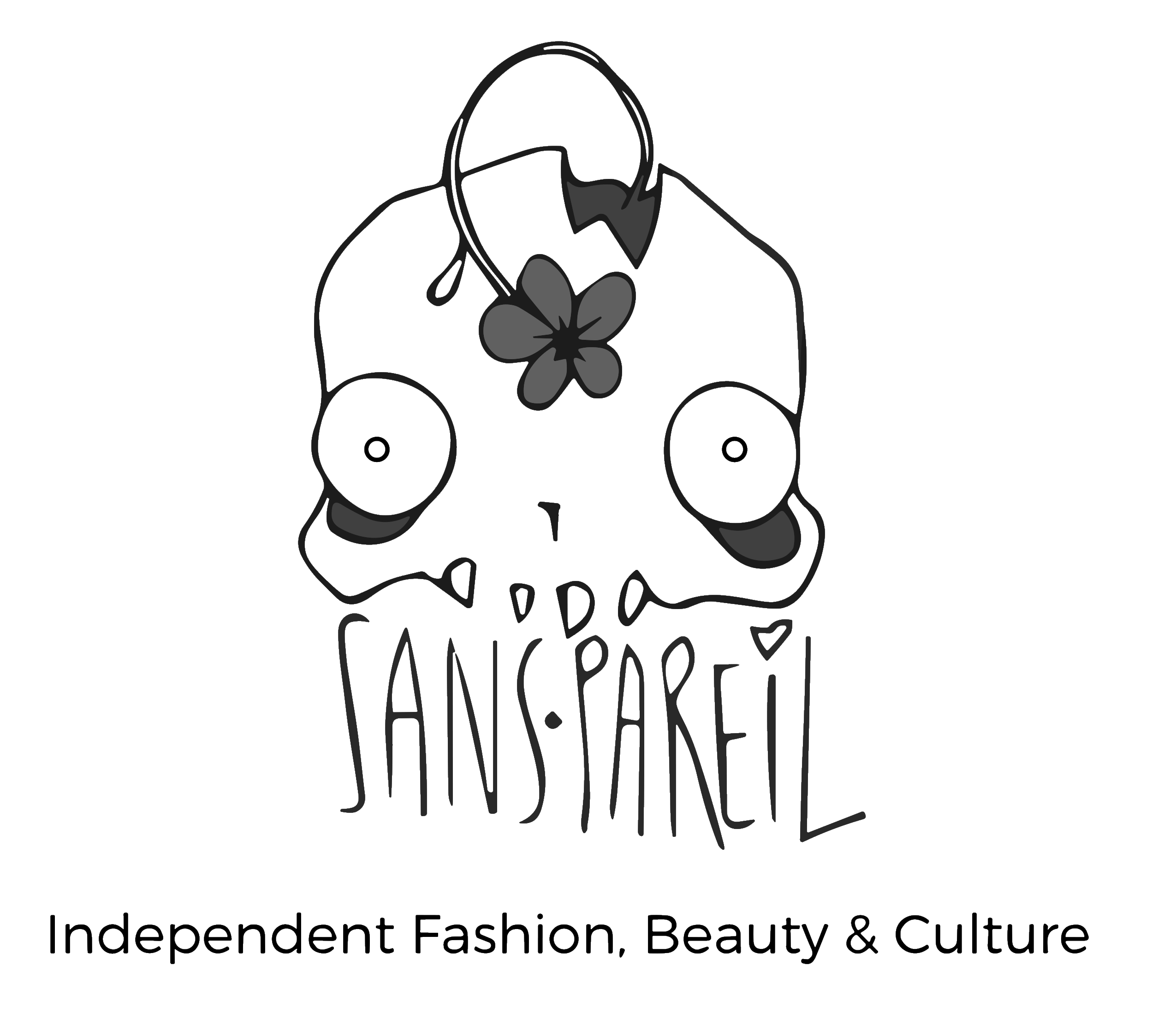Robecca Leyden interviews Amy Marschall from A Change For Better.


Pictured: Amy Marschall from A Change For The Better
Hi Amy, Thank you for chatting with me. So let's start at the very beginning. who are you and what is ACFB?
I am a registered clinical psychologist and the Clinical Director with A Change for Better. Ashley Cairns, our founder, created ACFB with the intent of making mental health care more affordable and accessible, while maintaining sustainability. Basically, many cannot afford the mental health support they need (or find a therapist who can help them), and historically it has fallen on therapists to make below a living wage in order for clients to afford our services. Our goal is to fill in the gap, making care affordable while ensuring providers can afford to live.
What makes ACFB different from other organisations for mental health?
Lots of ways! First, I'm AuDHD, and many of my colleagues at ACFB are neurodivergent. It can be important to have a provider who shares your lived experience, and we have the option for people to access that. Second, our reports are incredibly thorough, and we are willing to work with you and your treatment team. For example, I've heard of experiences where a provider conducts an ADHD evaluation, and the client wants to talk to a prescriber about possible medication options. The prescriber often wants to talk to the evaluator before making a decision, but some providers simply say that they've provided the report, and it's out of their hands. We are willing to collaborate with the prescriber and answer any questions or points of clarification in our report. Third, because of the amount of training and the financial cost of providing assessments, it is pretty rare for sliding scale options to be available.
Your organisation is woman owned and operated and mostly women staff correct? How has that helped in the way of adult female adhd and autistic patients?
Yes! We do have a few men on the team, but as I'm writing this all of our psychologists are women. I myself am an autistic woman who was misdiagnosed the first time I was evaluated because the evaluator held misconceptions about what autism is supposed to look like. In fact, my special interest in my job was used against me because "Usually autistic people do not work full time." I also personally train all of our providers in telehealth assessments, identifying ADHD and autism in individuals with "complex" histories or presenting symptoms, and competency in recognizing ADHD and autism in women and gender diverse populations.
On that note, why do you think there is such an influx of adults wanting to get diagnosed?
We are so bad at identifying neurodivergence. Very recently, we have gotten a tiny bit better at recognizing ADHD and autistic traits in children, but many are overlooked - especially anyone who is not a cisgender, white male. Until recently, it was difficult to learn about neurodivergence unless you were a professional. I think people are connecting with their communities, frequently online, and realizing traits in themselves more than ever before.
Briefly, in your words, what would you say is the difference between autistic and adhd? It's something I always get confused with, especially as they can be diagnosed together.
I actually did a webinar on this a few years ago!
Feel free to check it out if that is helpful. Both are neurodevelopmental diagnoses, meaning onset is in early childhood, and both can impact functioning through executive dysfunction, hyper focus, emotional dysregulation, etc. ADHD is marked by specific inattentive and hyperactive-impulsive symptoms, while autism involves social/communication differences, behavioral mannerisms, and sensory sensitivities that are atypical compared to neurotypical people.
If someone suspects they have one of the two, what would you suggest the next step to be?
Everyone's journey is unique. With that said, there are some great free online screenings that can tell you if your traits align with a specific type of neurodivergence. If you need additional support, you might need an "official" diagnosis in order to access that. However, that is up to you. If self-accommodating works, and you prefer not to have the diagnosis in your medical record, that is valid also.
I know wait times for an assessment are sometimes up to a year for adults. What would you suggest can be done to manage symptoms while waiting, or what can someone do to prepare for as assessment?
As an evaluator, I find it incredibly helpful when a client comes to their appointment and has brought notes that they have collected. It ensures that they remember everything they want to tell me, and I can review what they have written down to give me more context. Additionally, whether you have a diagnosis or not, if you resonate with certain neurodivergent traits, you can explore what others with the diagnosis have done to support and accommodate themselves. Try different things out to see what helps you!
What does the ongoing support look like?
It really depends! Every single person will have unique support needs because even two people with the same diagnosis are going to be different in some ways.
Lastly, What are some of the resources ACFB offer outside of the assessment?
In addition to the diagnosis, our assessments provide thorough and in-depth information about your life, history, current symptoms, possible additional traits outside of ADHD or autism (many with ADHD, autism, or both also have another diagnosis like depression, anxiety, etc), and recommendations. We also have the option to meet with your evaluator to review the report together and discuss your questions in-depth, or to develop a personalized treatment plan. ACFB has a directory of counsellors as well if that is a service that you are seeking. We collaborate with organizations that Altogether Autism and ADHD NZ to help our clients get in touch with additional support as well.


